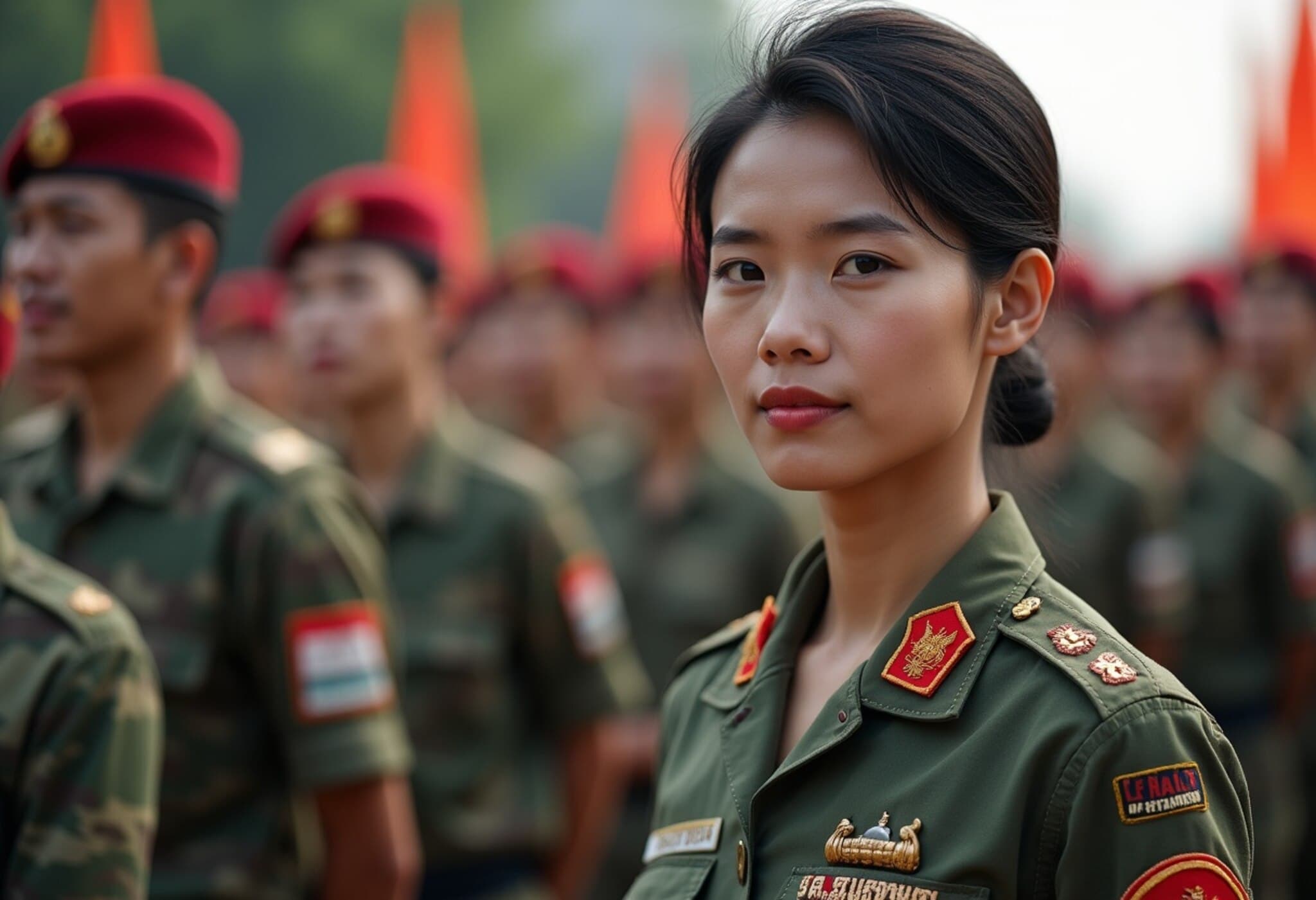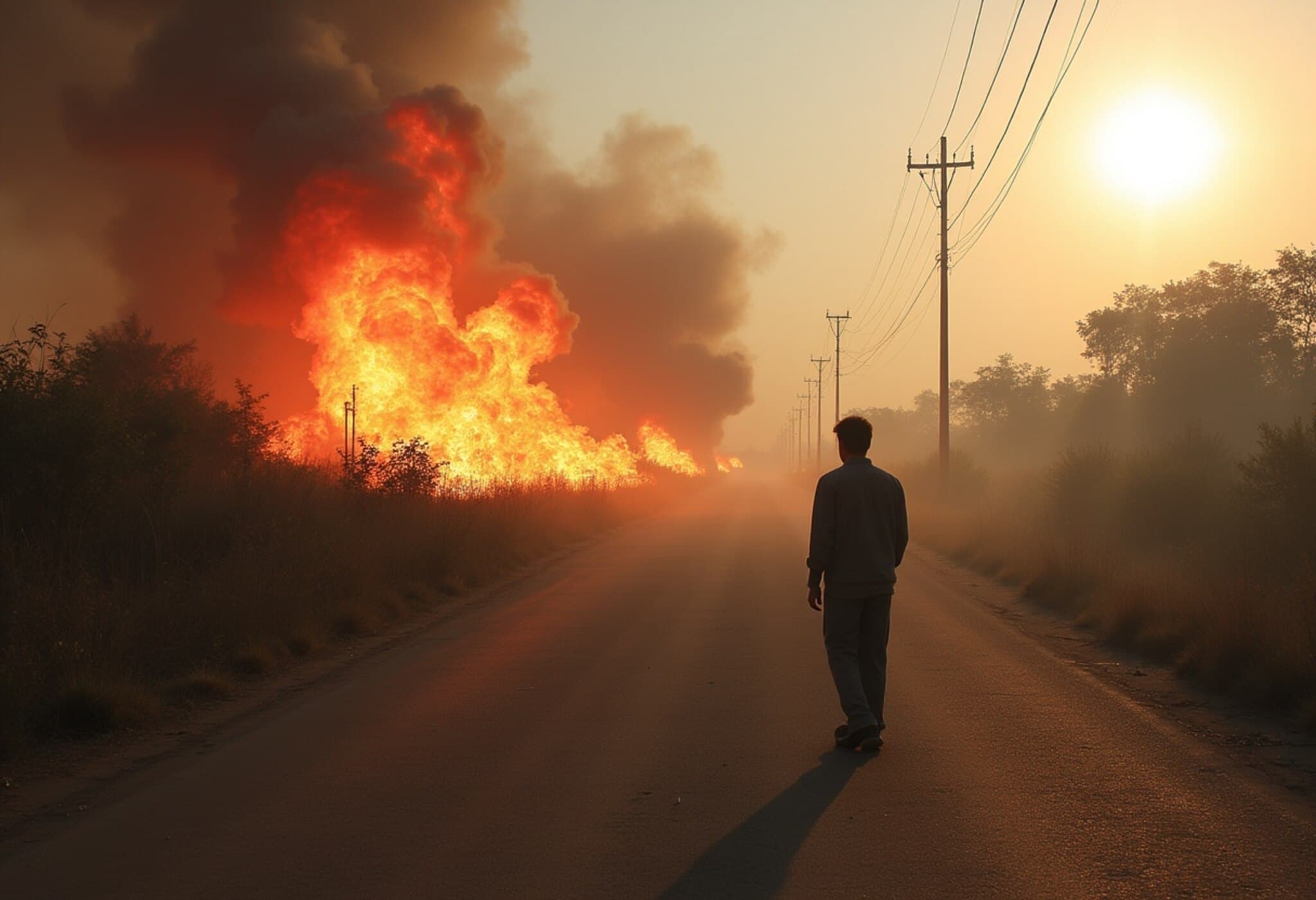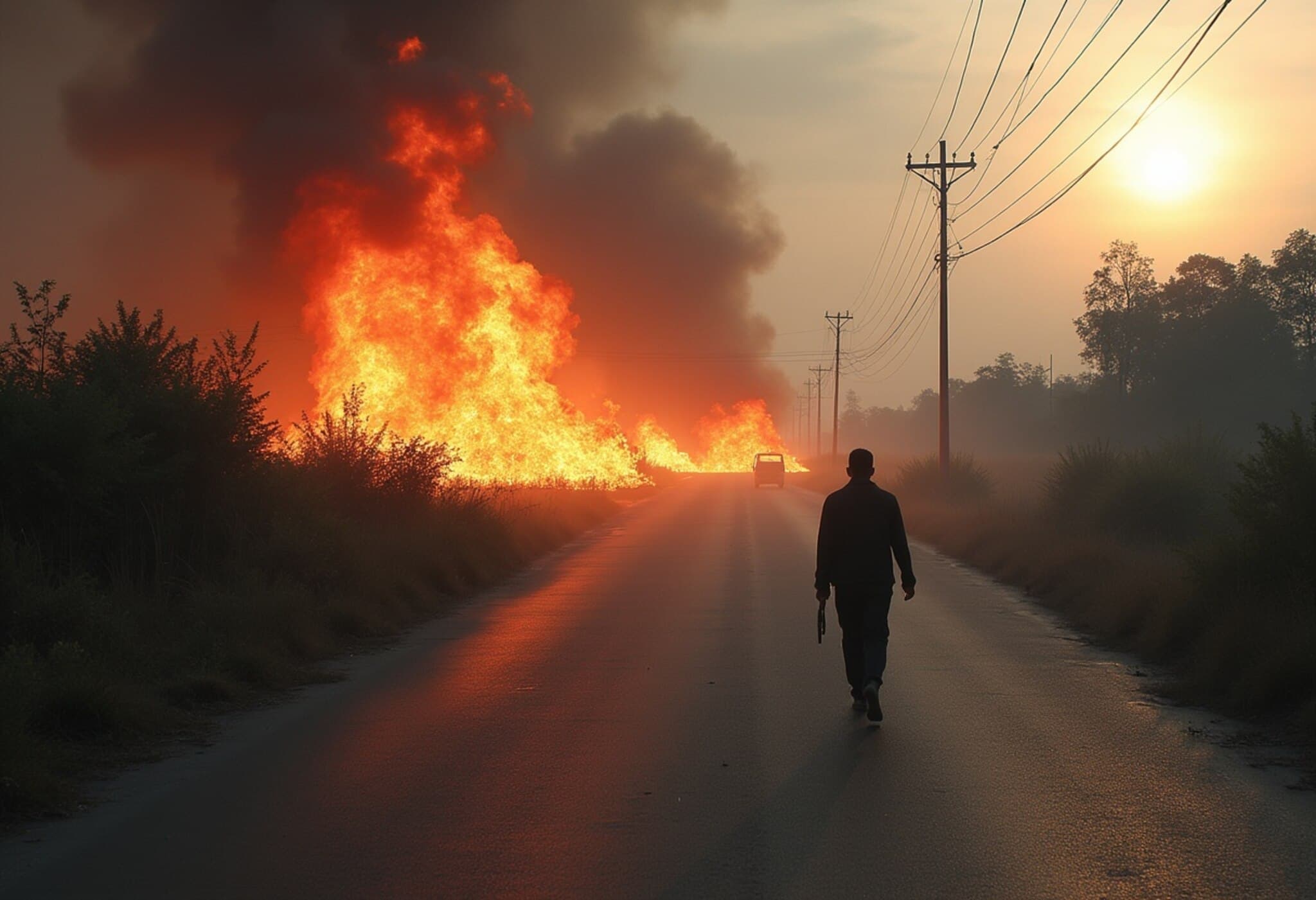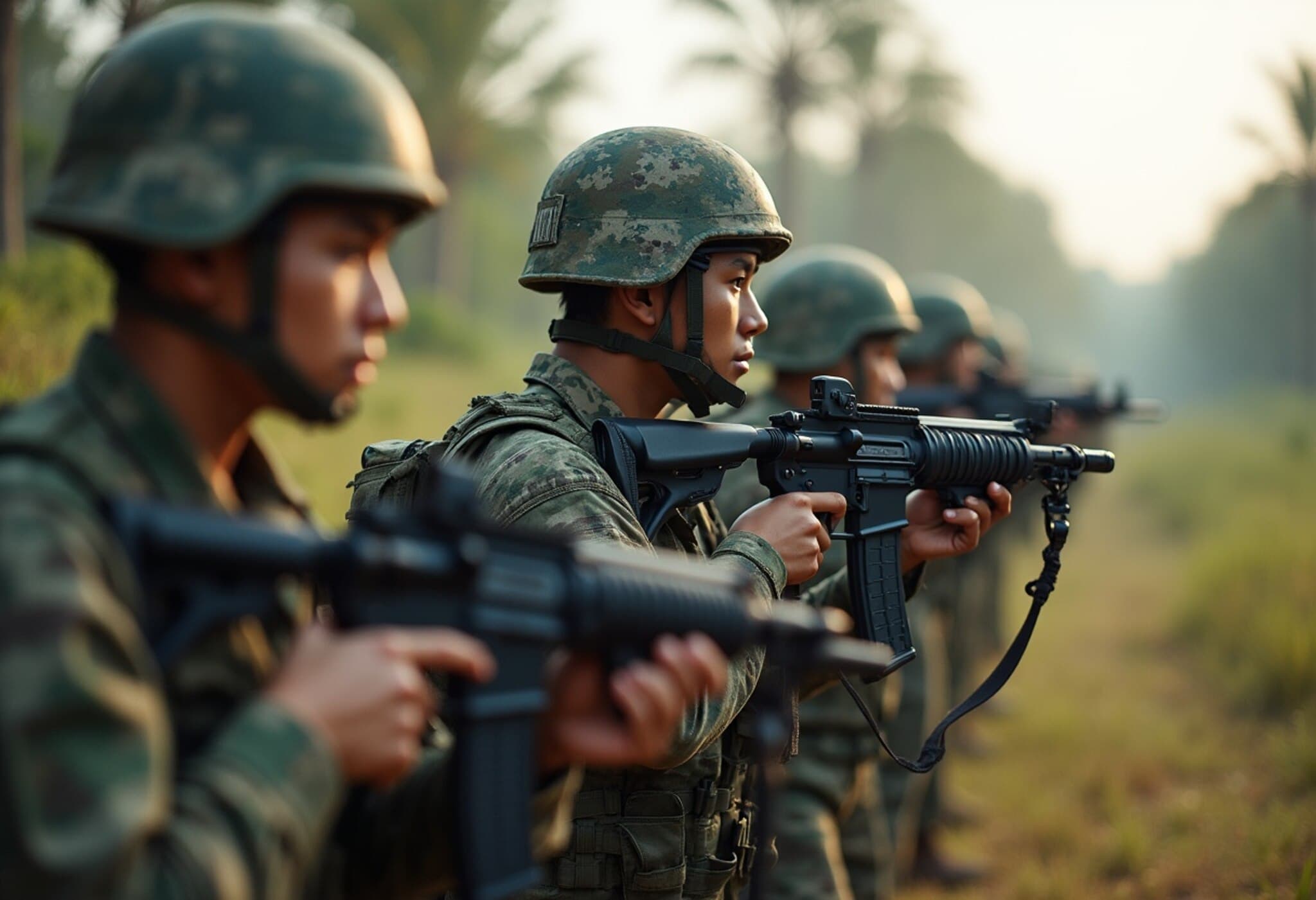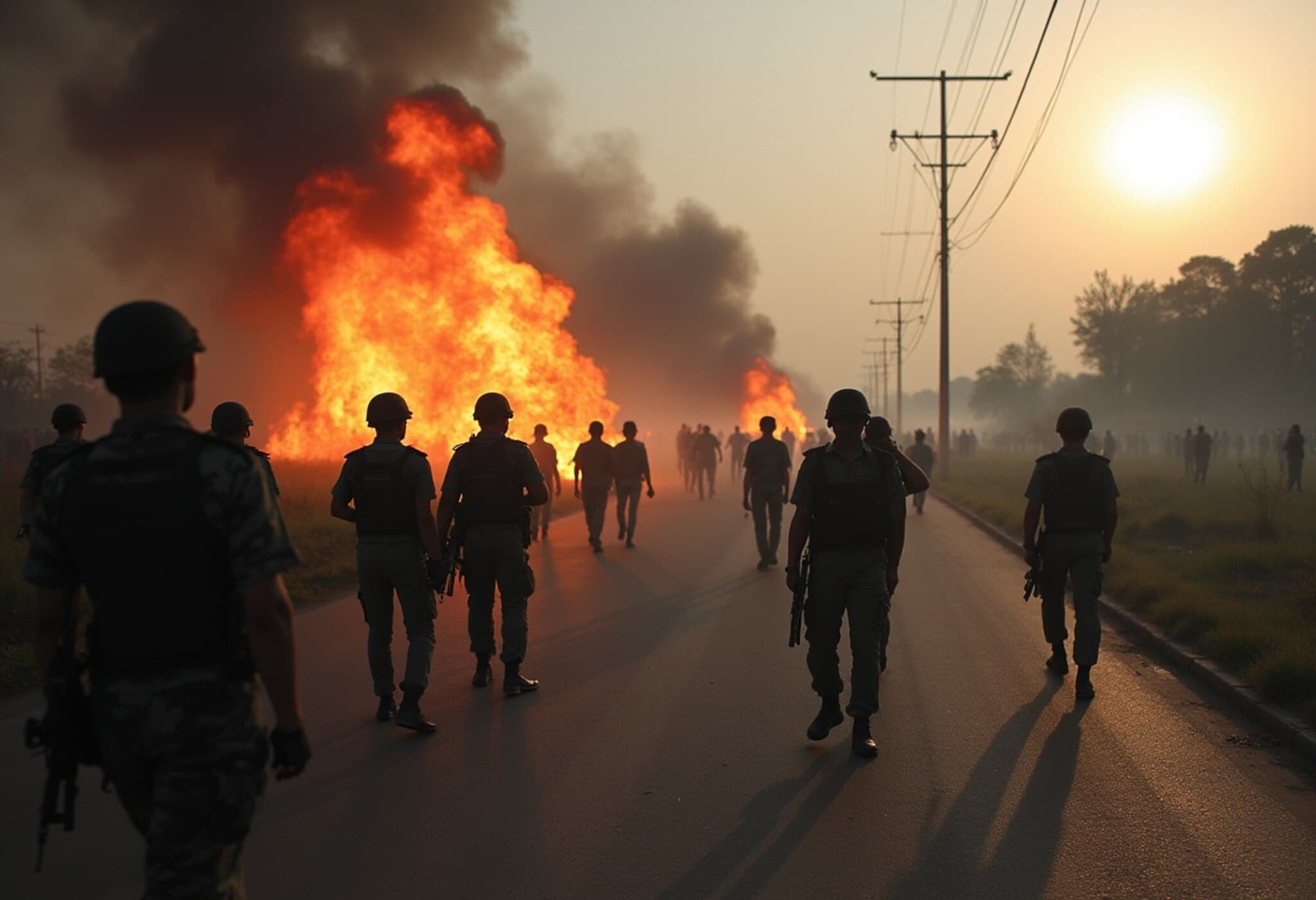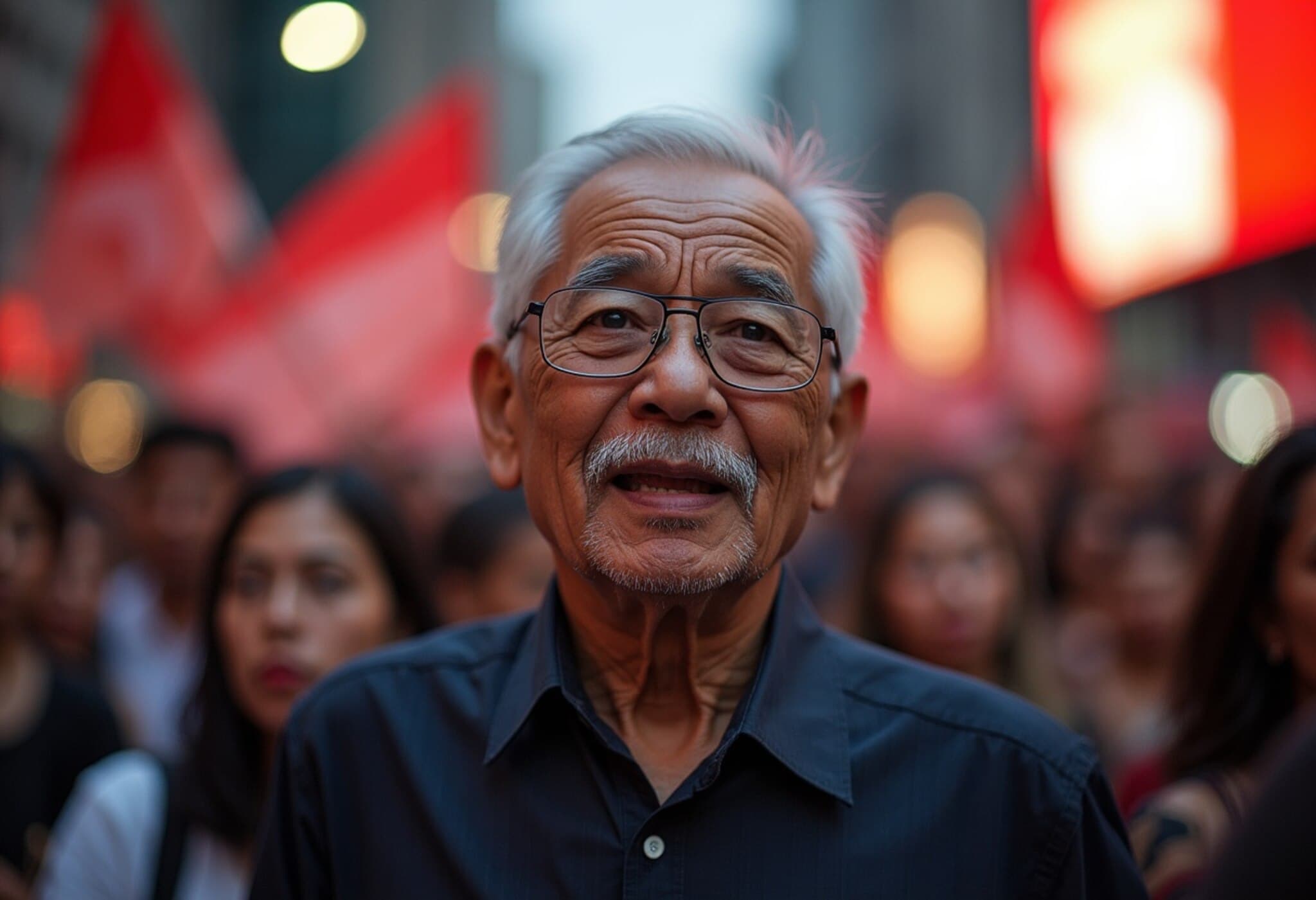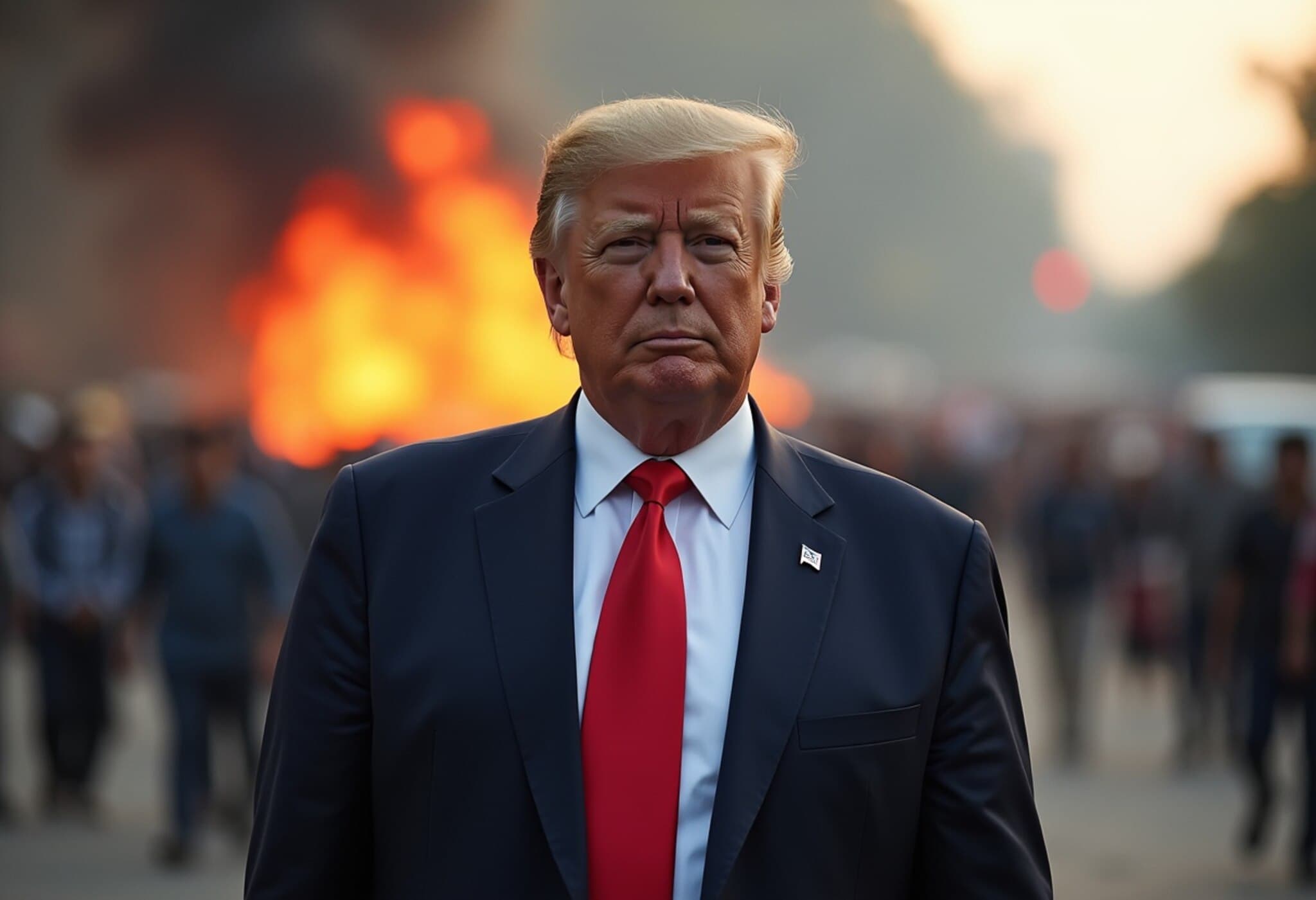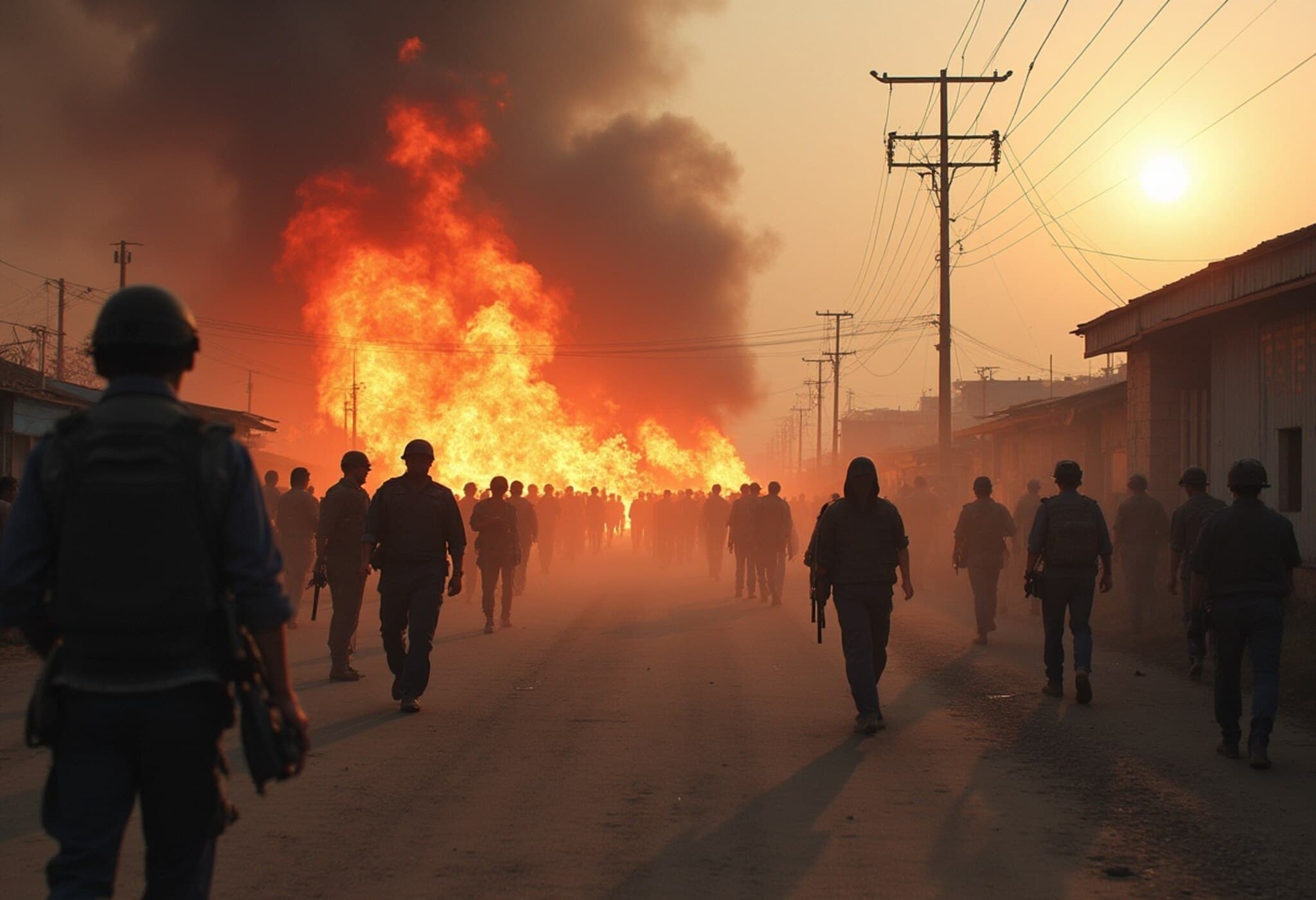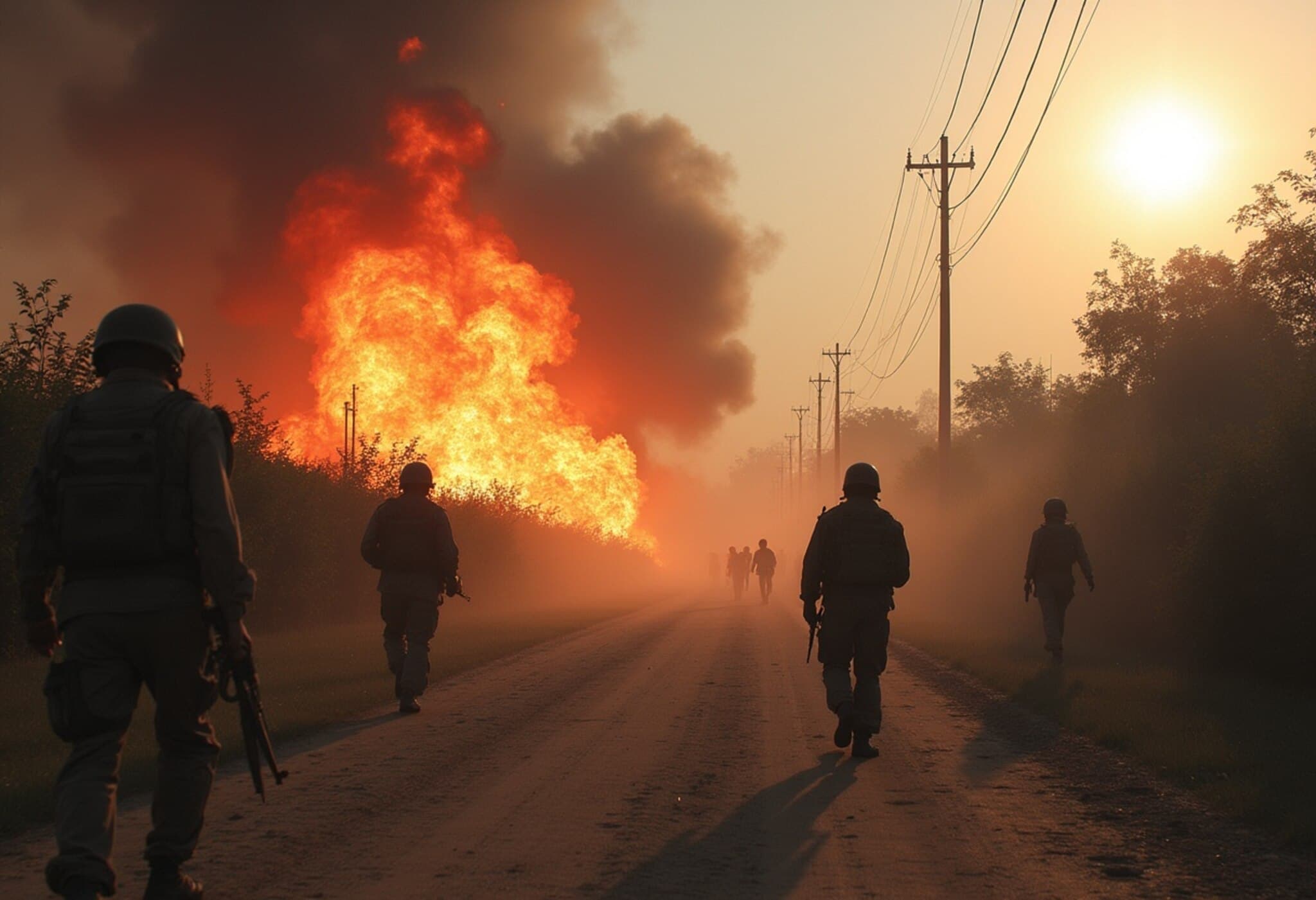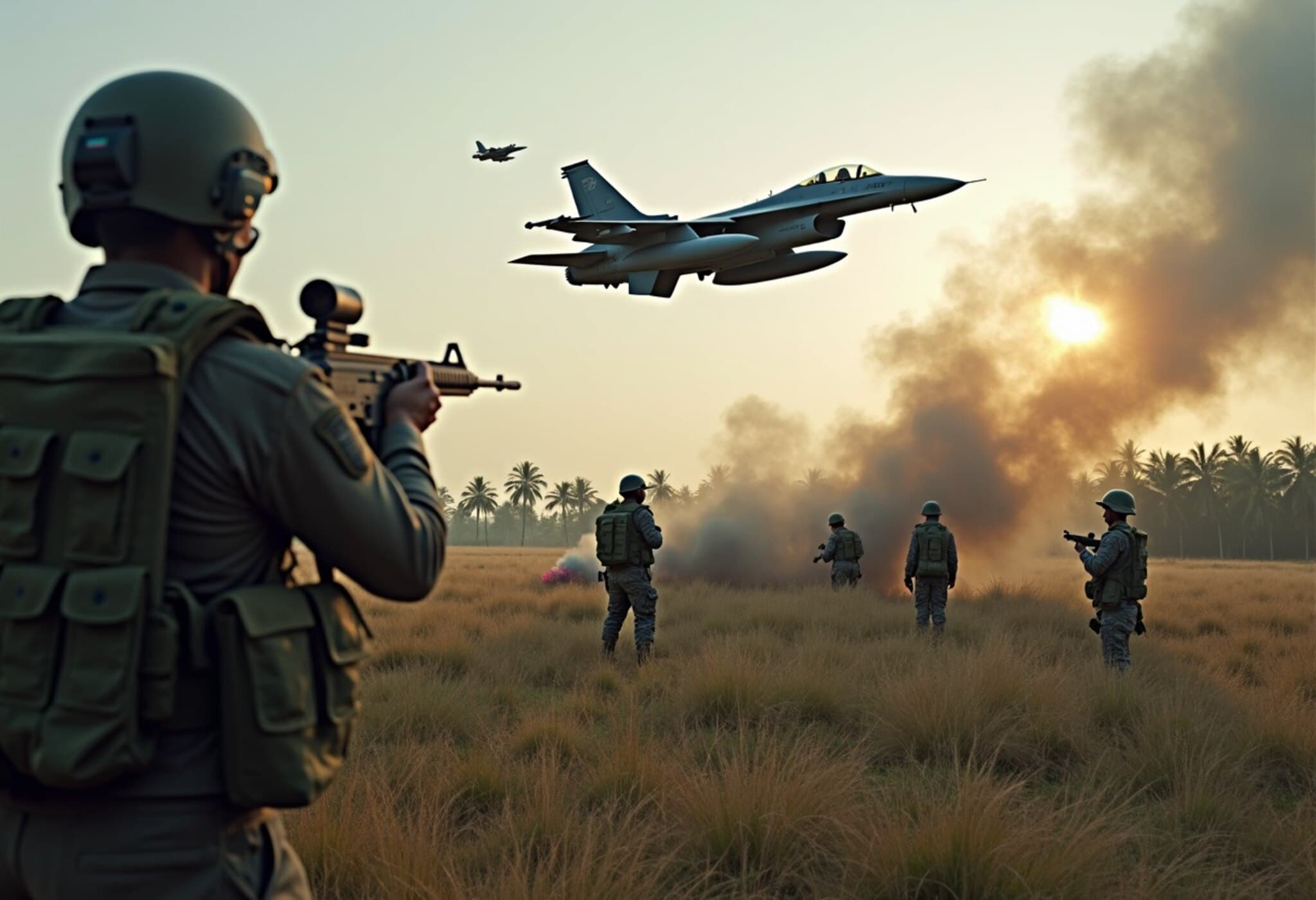Cambodia Revives Military Conscription Amidst Escalating Border Disputes with Thailand
In a significant move that echoes the shifting geopolitical landscape of Southeast Asia, Cambodia has announced it will begin conscripting civilians into military service starting in 2026. This decision, revealed by Prime Minister Hun Manet, comes as Phnom Penh responds to escalating border tensions with neighboring Thailand.
Background: An Unused Law Comes to Life
The military conscription scheme stems from a law passed in 2006 mandating 18 months of service for Cambodian citizens aged between 18 and 30. Despite parliamentary approval nearly two decades ago, the statute remained dormant — until now.
Prime Minister Hun Manet justified the move by highlighting the recent cross-border firefight in the disputed "Emerald Triangle" area where Cambodia, Thailand, and Laos converge. The clash tragically claimed the life of a Cambodian soldier and further strained bilateral relations.
Widening the Service and Military Ambitions
Hun Manet announced the service duration will increase from 18 to 24 months, signaling a substantial intensification of Cambodia's military preparedness. Additionally, the Prime Minister indicated plans to boost the defense budget, underscoring a strategic shift in Phnom Penh’s defense policy.
"Our national defense effort is not to invade anyone’s territory; it is solely to safeguard our sovereignty," he emphasized during a ceremony at the Royal Gendarmerie Training Centre in Kampong Chhnang province.
Regional Implications and Political Fallout
The military escalation follows a bitter dispute with Thailand, which has resulted in closed border crossings and Cambodia imposing fuel and gas import bans on Thailand. The incident has not only soured diplomatic ties but triggered domestic upheaval within Thailand as well. Prime Minister Paetongtarn Shinawatra is currently suspended amid an ethics investigation linked to the border conflict and a leaked diplomatic call involving Hun Manet’s father, former leader Hun Sen.
Thailand’s existing conscription system, involving a lottery for young men, contrasts with Cambodia’s freshly enforced universal enlistment, highlighting diverging approaches to national security in the region.
Expert Insight: What This Means for Southeast Asia's Security Dynamics
Military conscription in Cambodia signals a broader regional rearmament trend driven by unresolved territorial disputes and shifting alliances. Analysts note that while the move may amplify Cambodia's defensive capabilities, it risks escalating tensions with Thailand further, potentially destabilizing an already volatile border region.
From a U.S. policy perspective, stability in Southeast Asia remains crucial, given the area's strategic importance in Indo-Pacific security frameworks. Increased militarization could complicate existing diplomatic efforts and impact American interests, including regional trade routes and alliance networks.
Looking Ahead
- How will Thailand respond to Cambodia’s military build-up?
- What measures can ASEAN take to mediate ongoing border disputes?
- Will extended conscription foster national unity or provoke domestic dissent within Cambodia?
Editor’s Note
Cambodia’s decision to enforce conscription after nearly 20 years spotlights the enduring fragility of border relations in Southeast Asia. While aimed at deterring aggression, increased military commitments may elevate regional tensions. Observers should watch for the impact on ASEAN diplomacy and how this step shapes the balance of power between Cambodia and Thailand. As young Cambodians prepare for service, the human element—national pride mixed with apprehension—will also define this new chapter.

